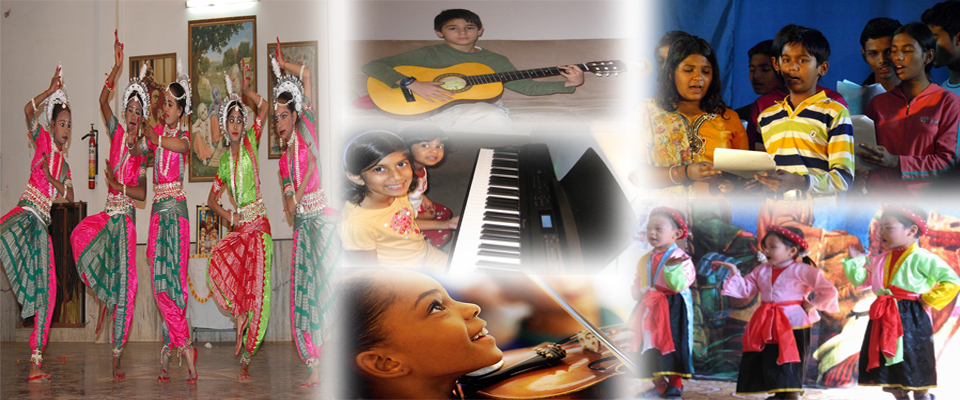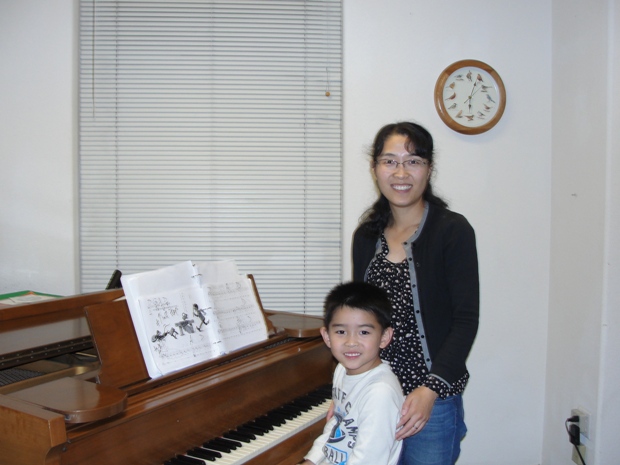- About Us
- About Us
- Adoption
- All gallery
- Asian Students
- Camps/Courses
- Camps/Courses
- Carnatic and Devotional Music
- Choir
- Clarinet
- Classes in Peninsula
- Contact
- Employment
- Founder
- Frequently Asked Questions
- From Our Past
- Gallery
- GUITAR
- Helping Ukraine
- Home
- June 2012 Concert at “Atria”, Senior Living Facility in Sunnyvale
- Languages
- Math Class
- Music & Dance
- News & Events
- Online Shop
- Our Blog
- Piano
- Prenatal and Preschool Music
- Preparations for the next Performance. August 2012
- School Policy
- Subjects
- test
- Testimonials
- Video
- Videos
- Violin and Viola
- Voice
- WBCA Recommendation
- Welcome To TRIO SCHOOL Blog
- Why Choose Us
- Camps Registration
- Rates & Policy
- Registration Form
- Tuition Payments
- From the Past
- Recent









